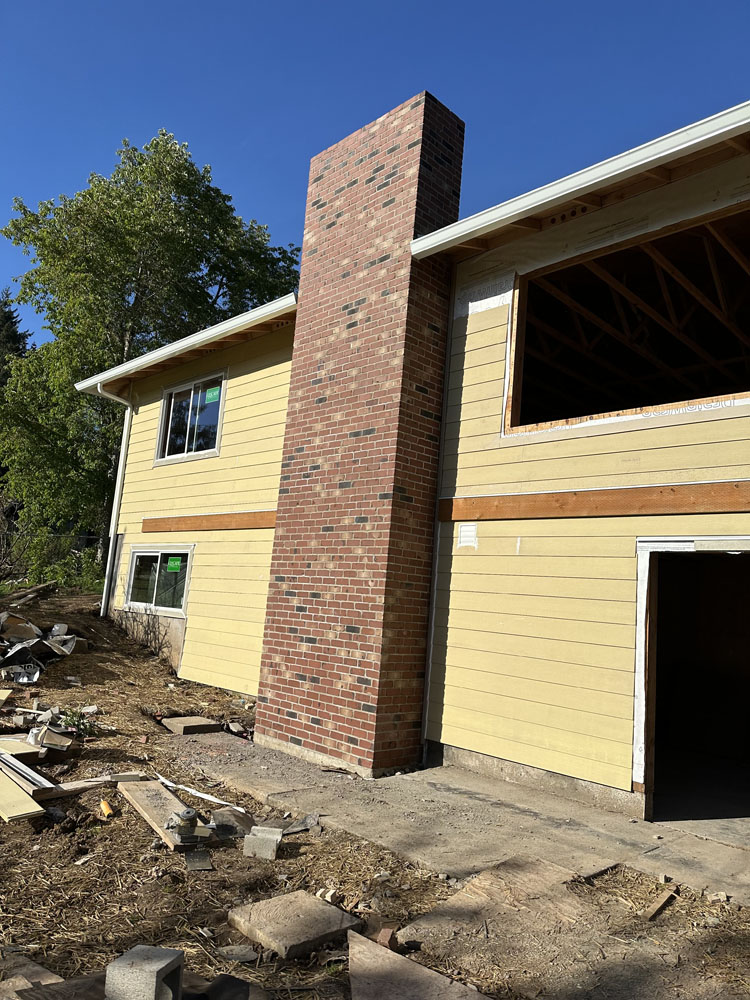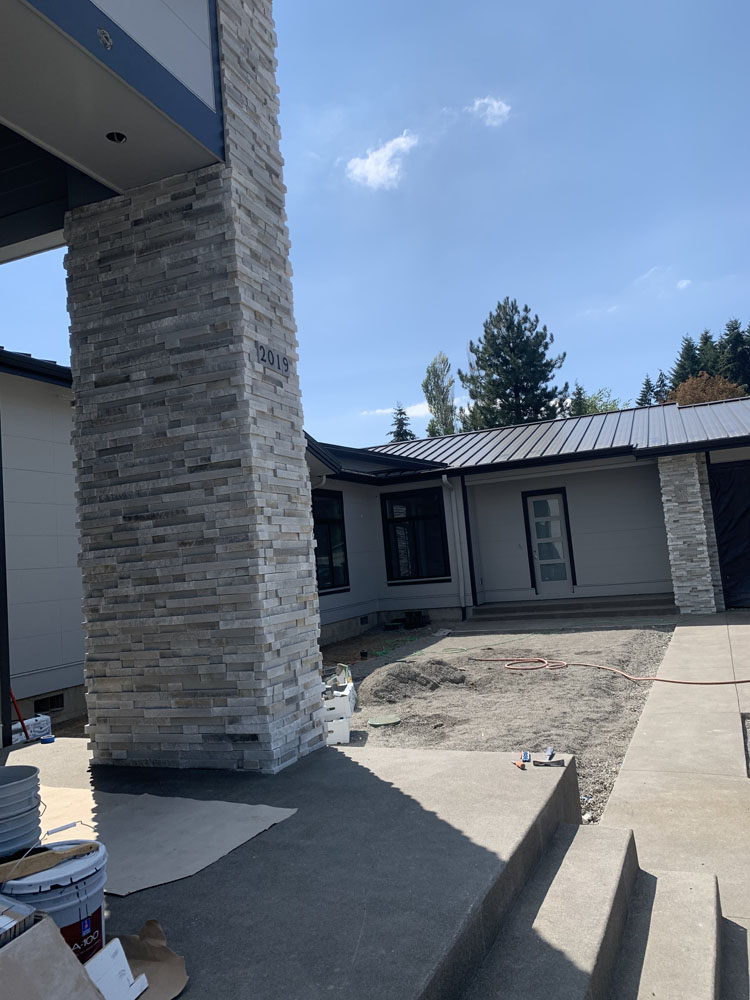Introduction
Masonry has actually been a keystone of building style and construction for centuries. The methods used by proficient stonework specialists have actually developed dramatically from the ancient civilizations that first took advantage of the power of rock and brick. In this post, we'll dive deep into the globe of masonry, discovering its abundant history, modern-day improvements, and understandings from skilled professionals in the field.
What is Masonry?
Masonry describes the mason tools and equipment structure process that makes use of products such as stone, block, or cinder block. It's a technique that not just stands the examination of time yet likewise provides aesthetic charm and structural honesty. With origins tracing back countless years, masonry has actually been crucial in producing several of humankind's most famous structures.
The Advancement of Masonry Techniques
From Ancient Rocks to Modern Structures: Insights on Masonry Techniques from Skilled Contractors covers a wide range of masonry methods. This development showcases exactly how advancements have actually changed conventional techniques right into modern approaches.
Historical Summary of Masonry
- Ancient Civilizations: The Egyptians used rock blocks to produce monumental structures like pyramids. Roman Innovations: The Romans refined making use of concrete, permitting a lot more complex designs. Medieval Masonry: Gothic cathedrals showcased elaborate stonework that stressed elevation and light.
Each period contributed unique strategies that notified modern-day practices.

Essential Devices Utilized by Stonework Contractors
Understanding the devices utilized in masonry is vital for appreciating the craft. Here are some main devices utilized by masonry specialists:
Trowel: Made use of for spreading out mortar and shaping bricks. Level: Ensures structures are even. Masonry Saw: Puncture rocks and blocks with precision. Pointing Tool: For ending up joints between stones.By mastering these tools, service providers ensure top quality craftsmanship in every project.
Types of Stonework Techniques
Different types of masonry methods cater to numerous architectural demands:
- Brick Masonry: Typical yet functional, brick gives outstanding thermal properties. Stone Masonry: Involves making use of all-natural stones; great for resilience and aesthetics. Concrete Block Masonry: Cost-efficient and solid; perfect for modern construction.
Each method has its benefits depending on job requirements.
The Function of a Masonry Contractor
A stonework service provider plays a critical duty in both domestic and industrial jobs. They not only bring competence however likewise ensure conformity with building ordinance and regulations.
Responsibilities of a Stonework Contractor
Assessing Job Requirements Sourcing Quality Materials Overseeing Building Processes Ensuring Security StandardsThese obligations highlight their integral duty in successful construction projects.
The Significance of Quality Materials
Using premium products can considerably affect the long life and appearance of a framework. Seasonal variants can influence product performance, which is why skilled contractors emphasize picking proper products based on environmental conditions.
Common Materials Made use of in Masonry
- Clay Bricks Natural Stone Concrete Blocks Mortar Mixes
Each product offers its function while contributing to general architectural integrity.
Modern Technologies in Masonry
As modern technology advancements, so do stonework strategies. Modern innovations include:
3 D Printing Technology: Enhancing construction processes. Eco-Friendly Materials: Sustainable options are getting traction amongst contractors. Advanced Mortars: Boost attachment and longevity under differing climate conditions.These developments present new possibilities for architects and building contractors alike.
Challenges Encountered by Today's Stonework Contractors
Even experienced contractors experience obstacles:
- Weather problems can delay projects. Material shortages might occur unexpectedly. Adapting to brand-new technologies calls for continual learning.
Addressing these difficulties is necessary for keeping job timelines and quality standards.
Safety Practices in Stonework Work
Ensuring security on-site is extremely important for any kind of stonework contractor:
Wearing Personal Protective Equipment (PPE) Using scaffolding correctly Proper lifting techniquesImplementing these methods aids avoid crashes and injuries throughout building and construction activities.
Case Research studies of Historical Structures Constructed with Masonry
Examining historic structures offers important insights right into efficient masonry practices:
The Great Wall surface of China
Constructed over centuries, this huge structure highlights ancient stonework techniques still admired today.

Colosseum in Rome
A wonder of Roman engineering, showcasing advanced concrete use throughout its time.
By studying these instances, modern-day specialists can amass lessons relevant to existing projects.
Future Fads in Masonry
As we look in advance, numerous patterns might form the future landscape of masonry:
Increased Use of Prefabricated Units Enhanced Sustainability Practices Digital Collaboration EquipmentThese patterns indicate how contractors must remain adaptable to prosper in a developing sector landscape.
Frequently Asked Concerns (Frequently asked questions)
1. What makes a good masonry contractor?
An excellent masonry contractor has experience, knowledge concerning products, attention to information, strong communication abilities, and adherence to safety and security procedures-- all vital top qualities that make sure effective job outcomes.
2. For how long does it require to finish a stonework project?
The timeline differs widely relying on aspects such as project size, intricacy, material accessibility, weather conditions, and labor force efficiency-- ranging from weeks for little work to months for bigger building and constructions like structures or walls.
3. What prevail concerns encountered throughout masonry work?
Common problems consist of moisture infiltration resulting in mold growth or deterioration in time; improper mixing ratios triggering weak bond staminas; weather-related delays; or unanticipated structural complications discovered throughout improvements or fixings-- each calling for careful management by competent contractors.
4. Is it essential to work with specialists for little stonework jobs?
While DIY lovers may take on small repair work or setups themselves if they have enough skills/knowledge about appropriate tools/materials included-- it's commonly recommended hiring specialists makes sure quality workmanship reduces prospective errors/costly mistakes down road-- especially when structural integrity at stake!
5. Are there environment-friendly options readily available in masonry?
Yes! Numerous manufacturers currently generate lasting products created specifically decrease environmental influence-- such as recycled content bricks/concrete mixes-- enabling customers construct properly without giving up style/functionality!
6. What upkeep does stonework call for over time?
Routine evaluations need to be conducted recognize noticeable cracks/joint splitting up guaranteeing seals intact preventing water damages-- regular cleansing will likewise keep surface areas looking fresh/appealing while safeguarding underlying framework integrity!
Conclusion
In conclusion, exploring the journey "From Ancient Stones to Modern Structures: Insights on Masonry Techniques from Seasoned Specialists" discloses not just background however likewise development within this old craft-- a testimony resilience versatility presented throughout centuries! With each passing decade generates new obstacles & & possibilities forming future landscape sector, yet core concepts workmanship remain the same directing hands experienced masons today towards creating sensational enduring jobs architecture motivating generations yet come!